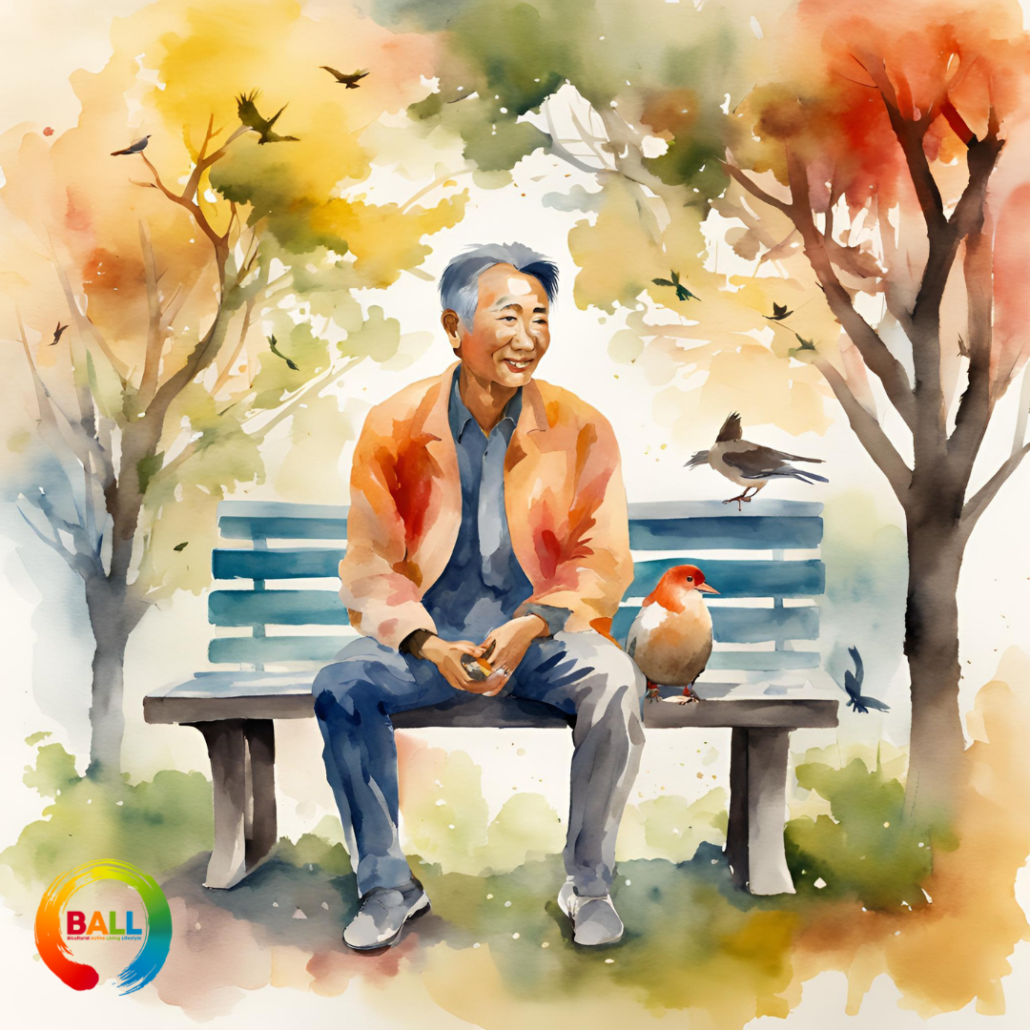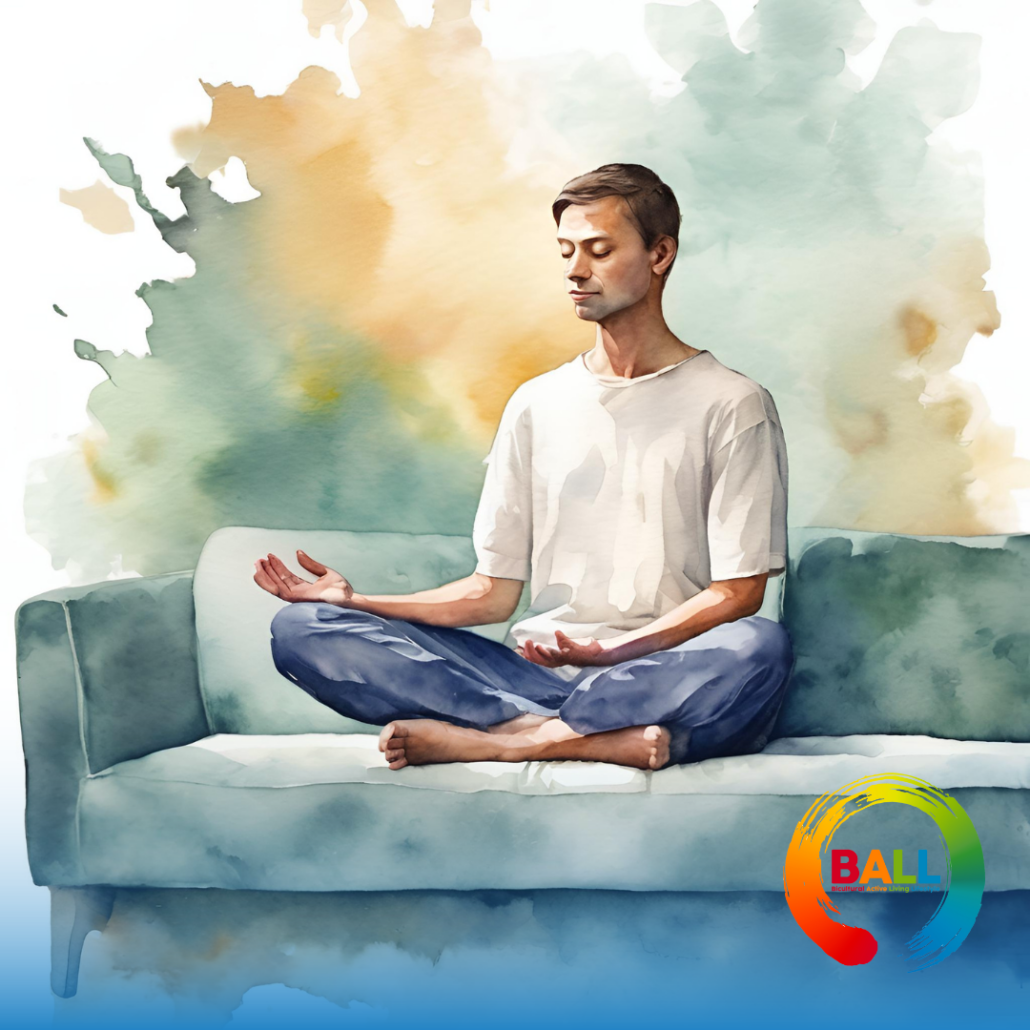How to Know If You Are in a Healthy Relationship

Relationships are rarely flawless; they’re a blend of both healthy and unhealthy elements. Yet, while we often discuss the warning signs of unhealthy relationships, we tend to overlook what defines a healthy one. Healthy relationships thrive on respect, trust, honest communication, and mutual support. Shifting our focus to these positive aspects helps us cultivate stronger, […]
Can You Have a Delayed Reaction to Grief?

Grief typically unfolds through five stages: denial, anger, bargaining, depression, and acceptance. While it begins with denial and ends with acceptance, the journey is rarely linear. According to San Francisco therapist Dr. Avigail Lev, individuals often move back and forth between stages—shifting from anger to bargaining, returning to depression, and so on. These stages provide […]
10 Sneaky Signs Stress Is Showing Up in Your Body

You’re probably familiar with the word stress, but you might not have heard of overstress. The American Psychological Association (APA) defines stress as the physical and emotional reactions to challenges or stressors. This can manifest as physical symptoms like a racing heart or emotional responses like irritability (more on that shortly). Stress is an unavoidable […]
Marijuana and Lung Health

Marijuana is the most commonly abused drug, with its health effects largely determined by how it’s consumed. It can be smoked using pipes, bongs, joints, blunts, and vaporizers or consumed through products like e-cigarettes, candy, brownies, beverages, and capsules. While this discussion centers on marijuana and lung health, it’s crucial to recognize other health concerns, […]
Is Anxiety a Mental Illness?

Anxiety is a natural part of life that everyone experiences at some point, whether it’s feeling nervous before a big event, getting butterflies in your stomach, or dwelling on a stressful situation. While these feelings can be uncomfortable, occasional anxiety is not considered a mental illness. However, when anxiety becomes overwhelming, persistent, and significantly impacts […]
School work identified as key stressor for AAPI youth

Mental health challenges among AANHPI (Asian American, Native Hawaiian, and Pacific Islander) youth have often been overlooked due to a lack of research and attention to their unique struggles. A recent study by The Asian American Foundation (TAAF), titled “Beyond the Surface: Understanding Mental Health Among Asian American, Native Hawaiian, and Pacific Islander Youth,” sheds […]
5 Ways to Manage Your Mental Health During the Holidays, According to a Therapist

The holiday season can bring heightened stress, not just for those already dealing with depression, anxiety, or other mental health conditions, but for nearly everyone. Surveys suggest that anywhere from 38% to 70% of people report feeling more stressed during this time of year. However, you likely don’t need statistics to know this is true—you’ve […]
Living With Existential Depression

Existential depression is a deeply challenging experience where individuals grapple with finding meaning in their lives and existence itself. This struggle can lead to a lack of motivation in daily life, fixation on thoughts of death and dying, indifference toward the seemingly “unfixable” state of the world, and avoidance of connections with others. While these […]
5 Types of Self-Care for Every Area of Your Life

Self-care is essential for maintaining balance and preventing burnout, as no amount of stress-relief activities can compensate if we neglect ourselves. Defined as a “multidimensional, multifaceted process of purposeful engagement in strategies that promote healthy functioning and enhance well-being,” self-care simply means ensuring our physical and emotional needs are met. It involves reconnecting with our […]
Having Trouble Meditating? A Mantra Can Help

The term mantra comes from Sanskrit, where “man” means mind and “tra” signifies tool or vehicle, making mantras a sacred set of phrases that can transport the mind to a meditative state. Originating from the ancient sound “Om,” considered the sound of creation, mantras were first recorded in Vedic Sanskrit over 3,000 years ago, as […]
